BRAND: FLEXITAN
INDUSTRY: BOOKING
COUNTRY: UK
Shedding Light on FlexiTan’s Radiant Approach to Salon Operations
Learn how salon management became a breeze and customers’ glow ups improved through our software solution for tanning businesses.
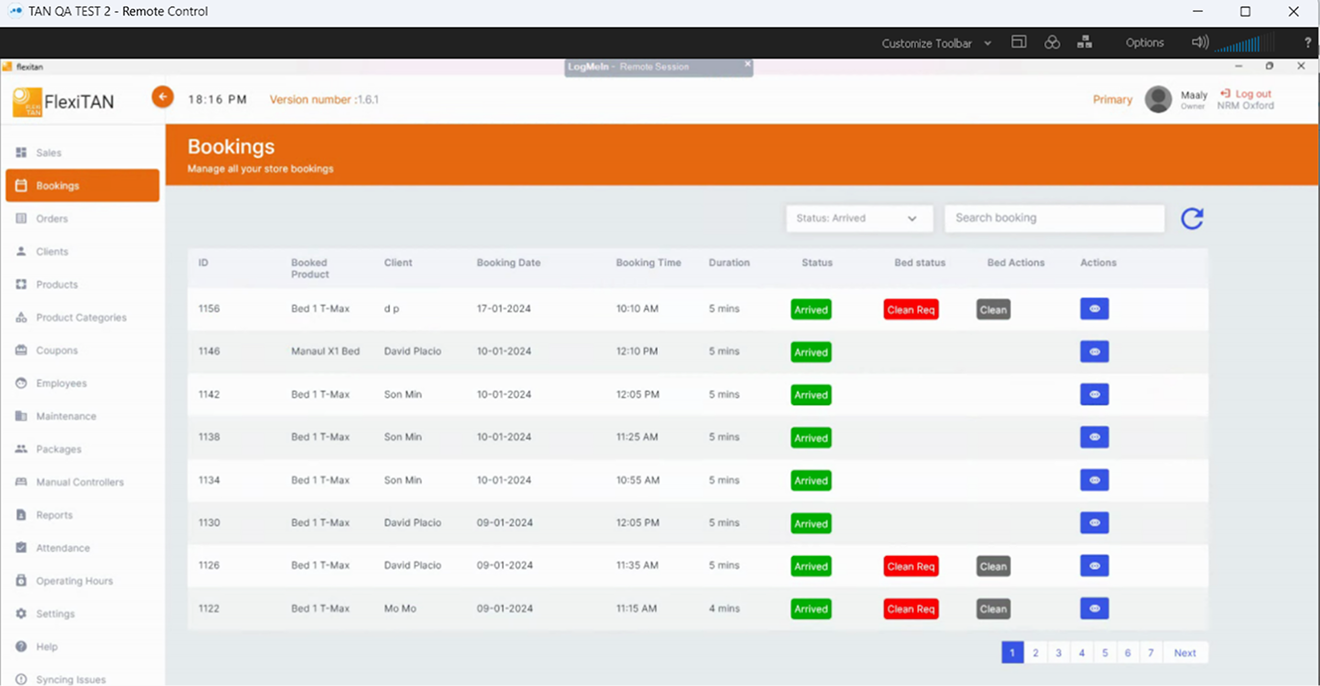
Client Overview
The client is an owner of a software company, as well as several tanning salons. Operating in the UK market, there were existing salon management software but the client was using a custom-built system. Objects was hired to build a new SaaS salon management system that would be white labeled and franchised via licensing to external tanning salons.
Services Utilized
Tech Stack
Software Features
Business Functions Served
The Challenge
Legacy System Limitations
The client’s existing custom salon management system was sufficient for their own salons but presented significant limitations for scaling into a competitive SaaS offering. The standalone architecture lacked the multi-tenant capabilities, remote management features, and service-oriented design needed to support a franchising business model.
Technical Documentation
For eight critical months, the project was directionless and did not get professionally documented. This created substantial uncertainty about system requirements, architecture decisions, and implementation priorities. The minimal documentation available provided insufficient guidance for developing a complex SaaS platform capable of competing with established UK market solutions.
Complex Hardware Integration Requirements
A major technical challenge was integrating various SDK-dependent hardware components essential for salon operations:
These integrations were further complicated by minimal support from hardware manufacturers, forcing our development team to reverse-engineer solutions and develop custom interfaces with limited documentation.
Evolving Requirements and Scope Management
Throughout the development process, the client continuously introduced new requirements and feature requests, significantly altering the project scope mid-development. This created challenges in maintaining architectural coherence while accommodating business-critical changes, requiring quick thinking and flexible planning approaches from our engineers.
Pioneering Technology Adoption Risk
As one of the first companies in the region to develop a cross-platform desktop application using Flutter, our team faced uncharted technical territory. This new approach offered potential advantages in code reusability and interface consistency but also introduced risks related to framework maturity, ecosystem support, and performance optimization for resource-intensive salon management operations.
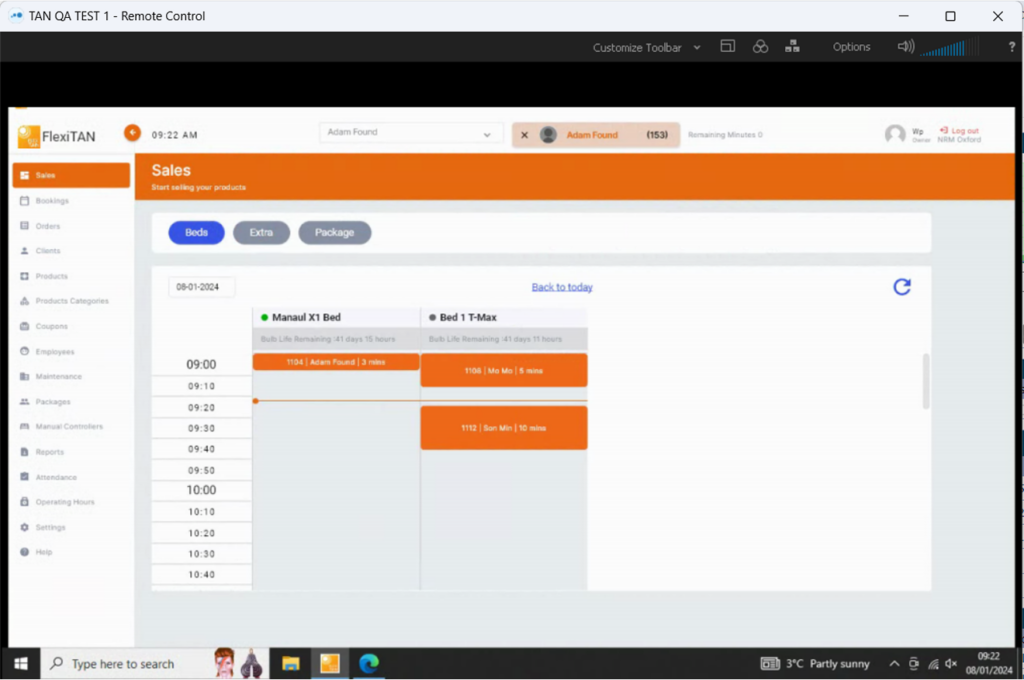
Our Solution
Technical Approach to Hardware Integration
As the client relied on POS for payments and appointment setting, our team developed a sophisticated cross-language solution. We meticulously explored multiple hardware APIs and successfully bridged the Flutter application with native device functionality by implementing custom integration layers in C++ and C#
This hybrid approach enabled seamless communication with payment terminals, receipt printers, and biometric authentication devices without sacrificing the cross-platform advantages of Flutter. Our integration architecture maintained consistent device performance across different salon environments while ensuring data security for sensitive biometric and payment operations
Technical Safeguards
To mitigate the risks of pioneering Flutter for desktop applications, our QA team conducted testing with instrumented telemetry. This controlled deployment approach included:
This technically sophisticated approach allowed us to identify and address platform-specific issues early in the deployment process, ensuring stability and performance for the full commercial release.
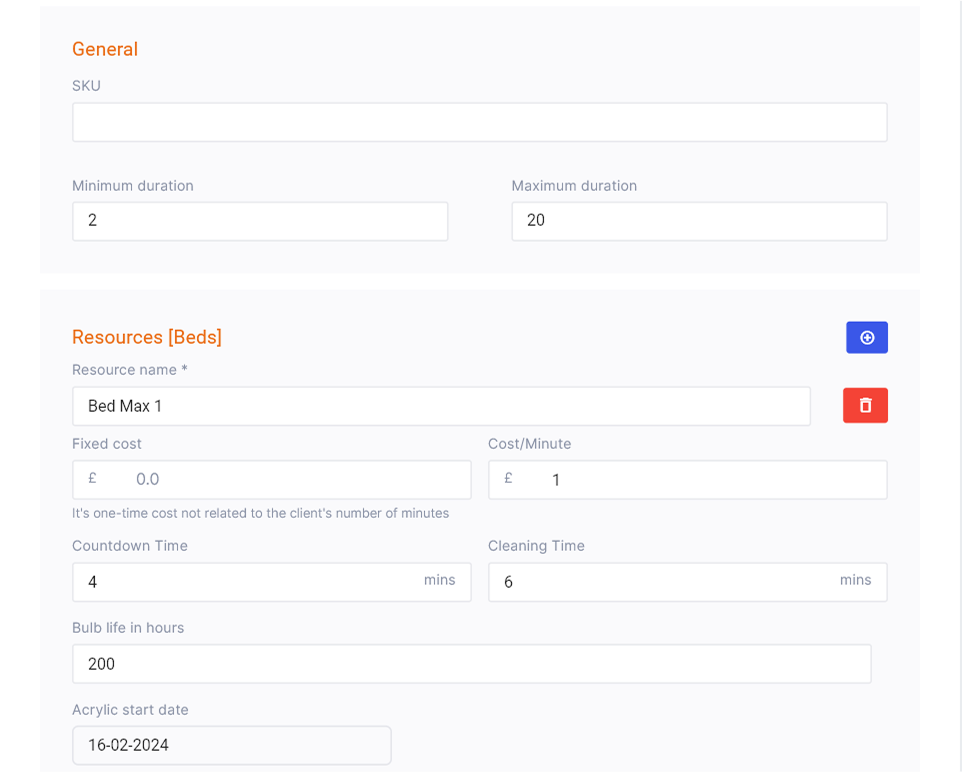
Our Solution
Market-Informed Technical Design
Our team conducted in-depth research of competing UK salon management systems to identify architectural patterns, performance benchmarks, and integration standards specific to the industry.
This competitive analysis informed critical engineering decisions, ensuring our solution not only met but exceeded industry standards for reliability, scalability, and feature completeness.
Multi-tenant Architecture
Objects engineered a flexible multi-tenant architecture that supported both centralized management and franchise-specific customization. The technical implementation included:
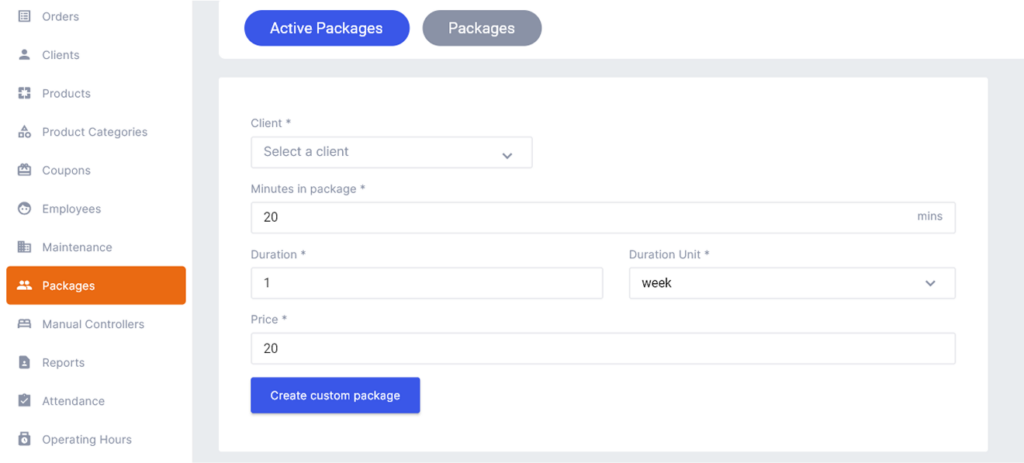
Our Solution
Iterative Development Methodology
We implemented an adaptive development framework that accommodated the client’s fast changing requirements while maintaining technical integrity. Rather than following a rigid waterfall approach, Objects structured the development process into functional modules that could be independently refined and expanded.
This modular architecture allowed us to incorporate new features and modifications throughout the development lifecycle without destabilizing the core system functionality.
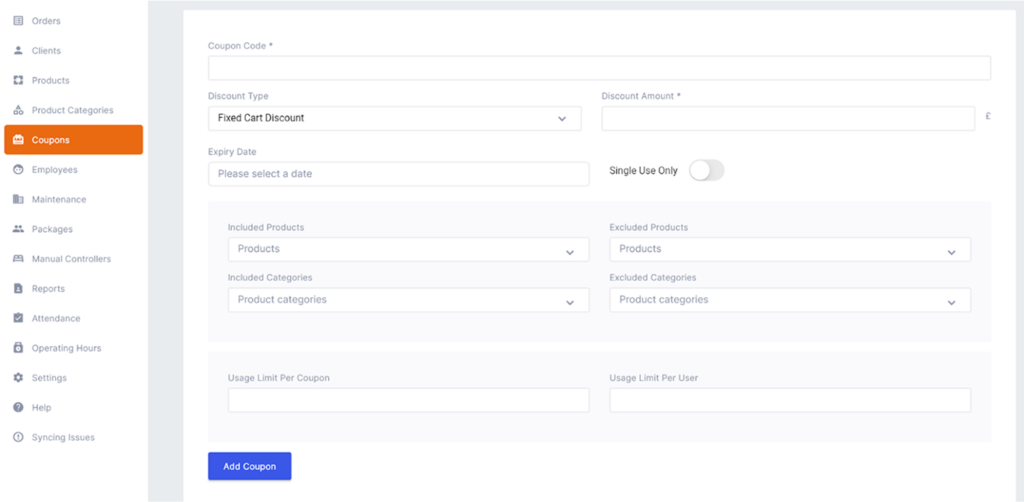
After launch, FlexiTan achieved impressive results:
34% increase in bed bookings
17% increase in operational efficiency
22% higher customer retention
Related Case Studies
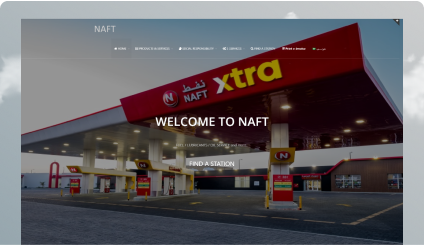
Fueling Growth Through Web & Mobile: NAFT’s Story
eCommerce
Gas station brand NAFT provides motorists and businesses next-gen petroleum solutions and services through an eCommerce website & mobile app
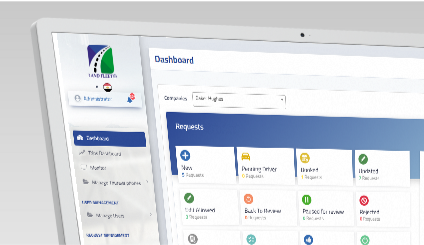
LandFleet’s Route to Growth:
Great Web & App Experiences
Logistics
LandFleet, as the name implies, is a fleet management company handling both heavy and light transportation needs for businesses. The company employs high-tech solutions to keep…
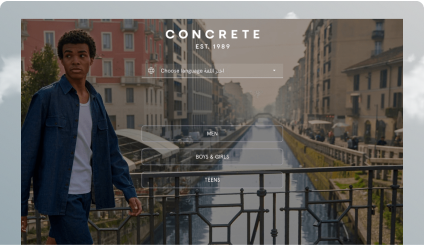
Concrete’s eCommerce
Transformation: Enhancing User…
Finance
For over 35 years, Concrete has been synonymous with men’s fashion. Initially focused on denim and cotton, the brand transitioned to more premium apparel products for men and kids.
What We Do for your Success
Need Specific Help?
Still don’t know what to do?
Reach out to our expert team.
"*" indicates required fields